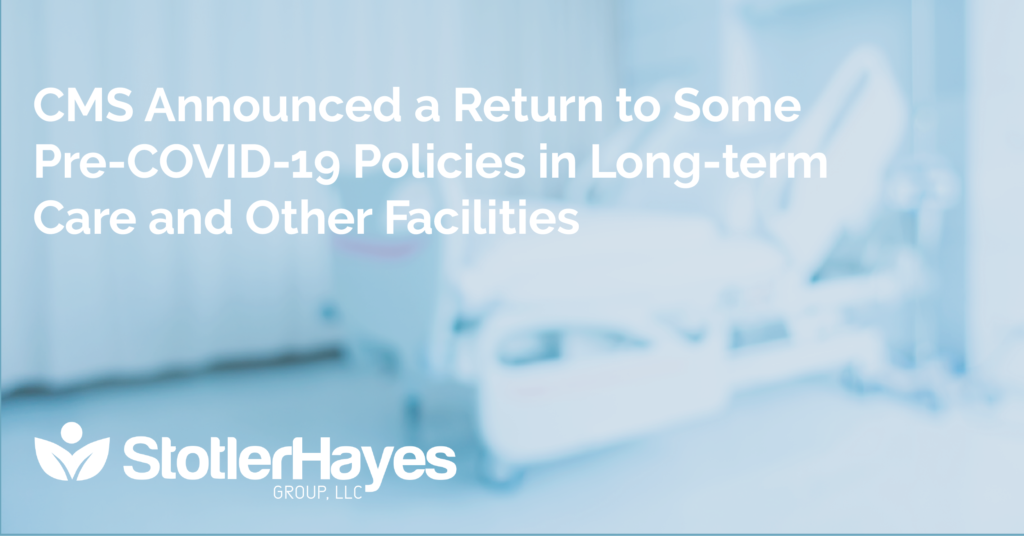 Friday, CMS announced that they were taking steps to protect nursing home residents’ health and safety considering the lessening urgency of the COVID-19 pandemic. CMS aims to begin phasing out some temporary emergency declaration waivers that have been in effect throughout the COVID-19 Public Health Emergency (PHE).
Friday, CMS announced that they were taking steps to protect nursing home residents’ health and safety considering the lessening urgency of the COVID-19 pandemic. CMS aims to begin phasing out some temporary emergency declaration waivers that have been in effect throughout the COVID-19 Public Health Emergency (PHE).
During the PHE, CMS used a combination of emergency waivers, regulations, and sub-regulatory guidance to offer health care providers the flexibility needed to respond to the pandemic. While these measures provided flexibility in how nursing homes and their staff responded to the pandemic, they have also removed the minimum standards for quality that help ensure residents’ health and safety are protected. Now, with current vaccination rates for nursing home residents and staff, CMS is taking steps to phase out certain flexibilities that are no longer necessary and ensure the health and protection of nursing home residents.
CMS is ending specific waivers in two groups: one group of waivers will terminate 30 days from the issuance of this new guidance, and the other group will terminate 60 days from issuance. These timeframes give providers and state agencies time to adjust their operations to the reinstituted requirements.
Emergency waivers terminating 30 days from the issuance of the memo include: waiver permitting the facility to restrict in-person meetings during the COVID-19 PHE; waiver giving physicians the ability to delegate any tasks to a physician assistant, nurse practitioner, or clinical nurse specialist; waiver permitting physicians to delegate any required physician visit to a nurse practitioner, physician assistant, or clinical nurse specialist who is not an employee of the facility, who is working in collaboration with a physician, and who is licensed by the State and performing within the state’s scope-of-practice laws; Waiver allowing physicians and non-physician practitioners to perform visits for nursing home residents via telehealth options; waiver of requirement that long-term care (LTC) facilities assist residents and their representatives in selecting a post-acute care provider; waiver of the requirement which requires LTC facilities to provide a resident a copy of their records within two working days (when requested by the resident.
Emergency waivers terminating 60 days from the issuance of the memo include: waiver allowing for a non-skilled nursing facility (SNF) building to be temporarily available if there were needs for isolation for COVID-19 positive residents; waiver of certain certification requirements for opening a nursing facility, if the state determined there was a need to quickly stand up a temporary COVID-19 isolation and treatment location; waiver temporarily allowing for rooms in a long-term care facility not normally used as a resident’s room, to be used to accommodate beds and residents for resident care in emergencies and situations needed to help with surge capacity; waivers of Equipment Maintenance & Fire Safety Inspections and Life Safety Code provisions; waivers involving training and certification including modifying the required training of paid feeding assistants to allow that training to be a minimum of one hour in length, modifying the nurse aide training requirements for SNFs and NFs, and the waiver of the requirements which require that a SNF and NF may not employ anyone for longer than four months unless they met the training and certification requirements under §483.35(d).
 |
Heather Staggs is our newest addition to the Stotler Hayes Team. She comes to Stotler Hayes Group following her employment of 4 ½ years with West Tennessee Legal Services working in elder abuse and financial exploitation. Heather received a Bachelor of Fine Arts degree in Theatre Performance from the University of Memphis. She then graduated from Villanova University School of Law in 2015. Heather is currently licensed to practice in Tennessee and resides in Memphis, Tennessee.
|
